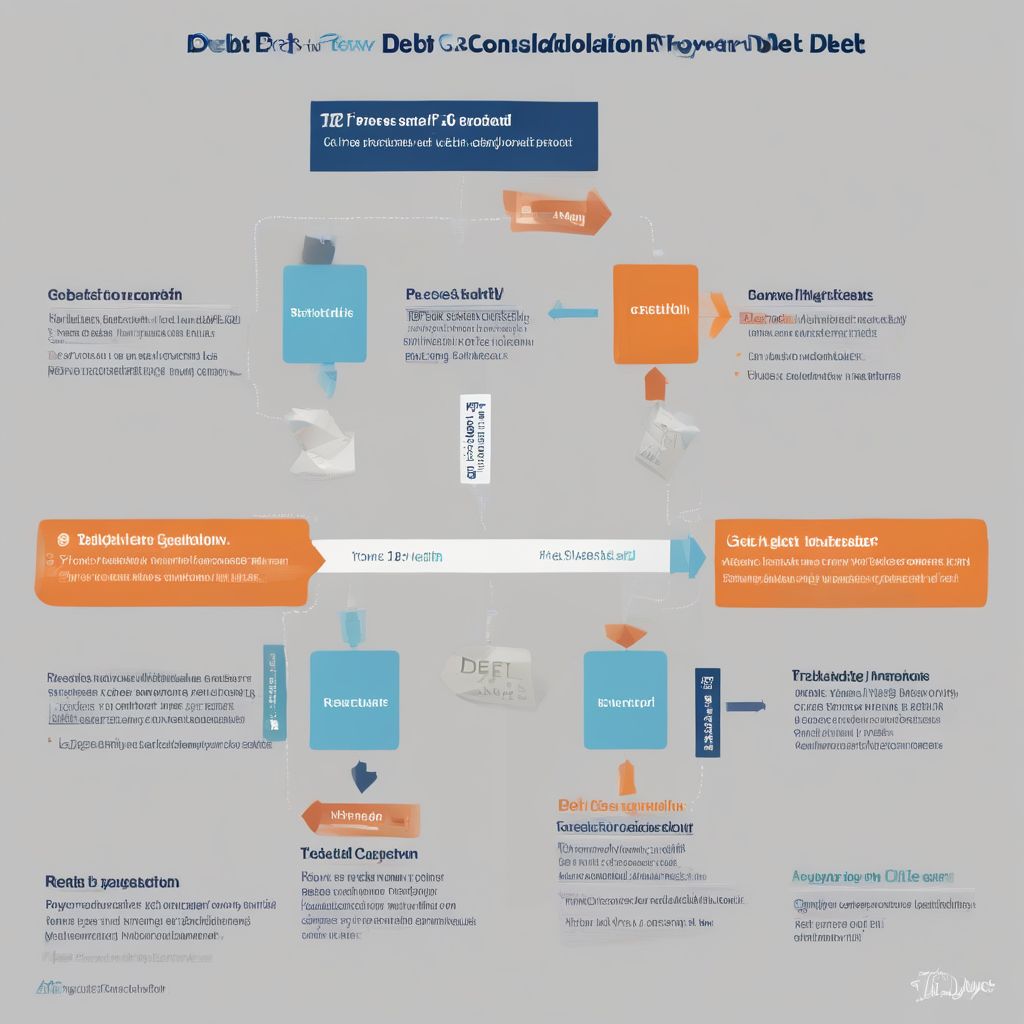Imagine this: You’re going through your mail and find a letter from the IRS. Your heart skips a beat. It’s a tax bill, and it’s a big one. Suddenly, you’re facing the overwhelming stress of tax debt. You’re not alone. Millions of Americans find themselves in similar situations each year. But don’t panic! Knowing How To Get Out Of Tax Debt can help you regain control of your finances and your peace of mind. This guide will provide a clear roadmap to navigate this challenging situation.
Understanding Tax Debt
Before diving into solutions, it’s crucial to understand what constitutes tax debt and its implications. Tax debt refers to any unpaid federal or state taxes, including income tax, property tax, or payroll tax. Ignoring tax debt won’t make it disappear. In fact, the consequences can be severe:
- Penalties and Interest: The IRS can charge penalties for failing to pay taxes on time and interest on the unpaid amount.
- Wage Garnishment: The IRS has the authority to garnish your wages, taking a portion of your paycheck until the debt is settled.
- Lien on Assets: In extreme cases, the IRS can place a lien on your assets, including your home or car, making it difficult to sell or refinance them.
Effective Strategies to Get Out of Tax Debt
The good news is there are several ways to address tax debt and regain your financial footing:
1. Full Payment
While it might seem obvious, paying the debt in full is the most straightforward solution. However, for many, this isn’t financially feasible. If you can access funds through savings, investments, or loans, this option can help you avoid further penalties and interest.
2. Short-Term Payment Plan
If you need a bit more time, the IRS offers short-term payment plans, allowing you to have up to 180 days to pay your balance in full. However, interest and penalties still apply.
3. Offer in Compromise (OIC)
An OIC allows certain taxpayers to settle their tax liability for a lesser amount than what they originally owed. This option is usually granted in cases of significant financial hardship.
4. Installment Agreement
If you can’t afford to pay the debt in full, an installment agreement lets you make monthly tax payments over an extended period. This option is available to taxpayers who owe a combined total of under $50,000, consisting of tax, penalties, and interest.
5. Innocent Spouse Relief
If your tax debt is due to your spouse’s actions (like unreported income), and you were unaware of their financial misdeeds, you might qualify for Innocent Spouse Relief. This can remove your responsibility for paying the tax debt.
h2dstory.com/wp-content/uploads/2024/08/tax-relief-consultation-66b6e4.jpg" alt="Tax Relief Consultation" width="1024" height="1024">Tax Relief Consultation
Seeking Professional Help
Navigating tax debt can be complex. If you’re struggling to determine the best course of action, it’s crucial to seek help from qualified professionals:
- Tax Attorneys: Tax attorneys specialize in tax law and can provide legal advice, represent you in court, and negotiate with the IRS on your behalf.
- Enrolled Agents (EAs): EAs are federally licensed tax practitioners who can represent taxpayers before the IRS.
- Certified Public Accountants (CPAs): CPAs with expertise in taxation can offer valuable advice and assistance with tax debt resolution.
Preventing Future Tax Debt
Once you’ve addressed your current tax debt, take steps to prevent future issues:
- Accurate Record-Keeping: Maintain organized financial records to ensure accurate tax filings.
- Timely Payments: Pay your taxes on time to avoid penalties and interest.
- Tax Withholdings: Review your W-4 form with your employer to ensure you’re withholding the correct amount of taxes from each paycheck.
Conclusion
Facing tax debt can be overwhelming, but it’s essential to remember that solutions exist. By understanding your options, seeking professional help when needed, and taking proactive steps to prevent future debt, you can regain control of your finances and move forward with confidence.
Don’t let tax debt control your life. Start exploring your options today, and remember, you’re not alone in this journey!
Do you have experience with overcoming tax debt? Share your insights or questions in the comments below. Your experience could be invaluable to others facing similar challenges!

